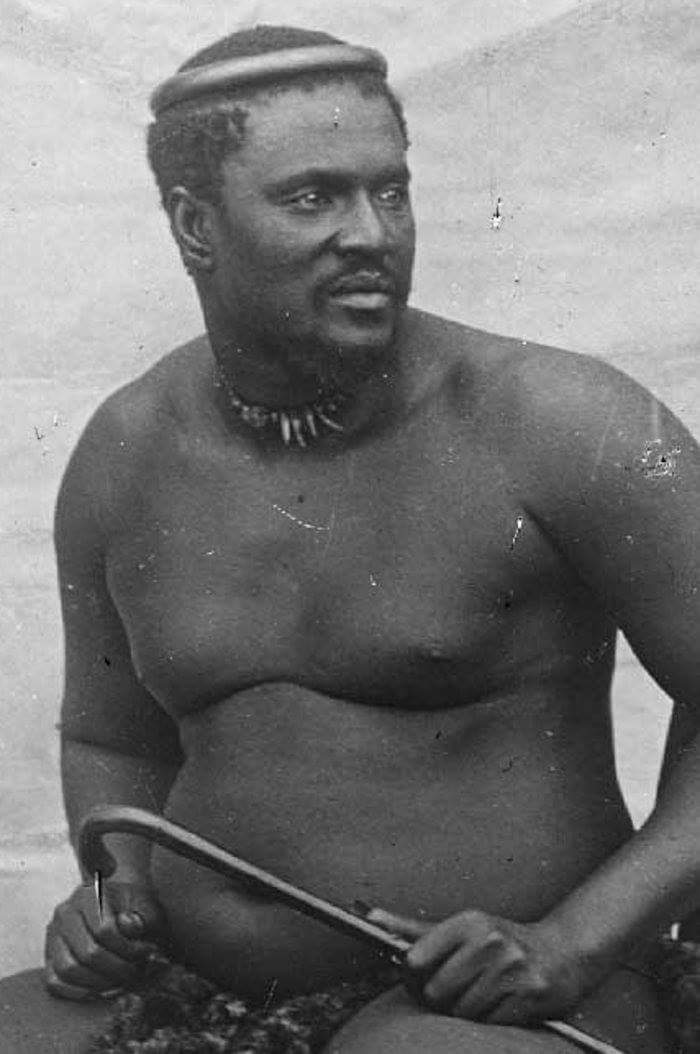The Anglo Zulu War. The beginnings.

A story that led to battles that so defied the odds on both sides that they are still talked about today.
The belligerents: British Empire and Zulu Kingdom

Sir Henry Bartle Frere

Lord Chelmsford

King Cetshwayo
King Cetshwayo was born around 1826 and was the last Great King of the Independent Zulus. he had proved himself a gallant warrior in his youth while taking part in the Zulu attempt to evict the Boers from Natal. His Father died in 1872 handing over sovereignty to Cetshwayo. At this time, the British Empire controlled the Colony of Natal, immediately south of the Zulu Kingdom.
In the December of 1878, the British High Commissioner for Southern Africa, Sir Henry Bartle Frere issued Cetshwayo an ultimatum that was never never satisfactory to the Zulu King. Among other this, the ultimatum demanded the dismantlement of the Zulu army of around 35,000 warriors within 30 days.
The terms:
- Surrender of Sihayo’s three sons and brother to be tried by the Natal courts.
- Payment of a fine of five hundred head of cattle for the outrages committed by the above and for Cetshwayo’s delay in complying with the request of the Natal Government for the surrender of the offenders.
- Payment of a hundred head of cattle for the offence committed against Messrs. Smith and Deighton.
- Surrender of the Swazi chief Umbilini and others to be named hereafter, to be tried by the Transvaal courts.
- Observance of the coronation promises.
- That the Zulu army be disbanded and the men allowed to go home.
- That the Zulu military system be discontinued and other military regulations adopted, to be decided upon after consultation with the Great Council and British Representatives.
- That every man, when he comes to man’s estate, shall be free to marry.
- All missionaries and their converts, who until 1877 lived in Zululand, shall be allowed to return and reoccupy their stations.
- All such missionaries shall be allowed to teach and any Zulu, if he chooses, shall be free to listen to their teaching.
- A British Agent shall be allowed to reside in Zululand, who will see that the above provisions are carried out.
- All disputes in which a missionary or European is concerned, shall be heard by the king in public and in presence of the Resident.
- No sentence of expulsion from Zululand shall be carried out until it has been approved by the Resident.
As this ultimatum was never honoured, Frere, without the consent of the British Government, sent Lord Chelmsford with a force of around 9,000 men across the Buffalo River at the Irish trading post, Rorkes Drift.

Buffalo River near the trading post at Rorkes Drift

